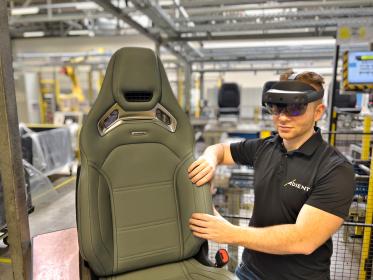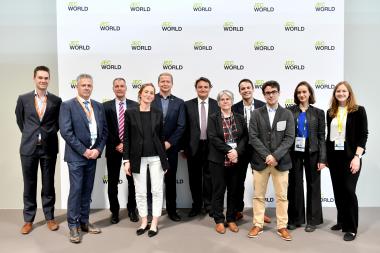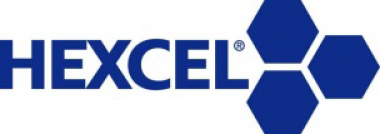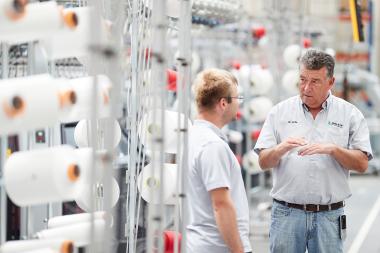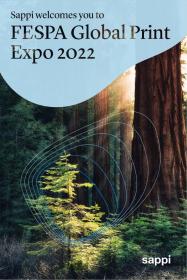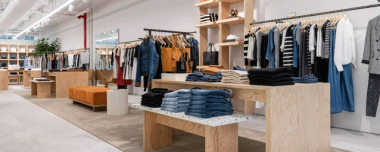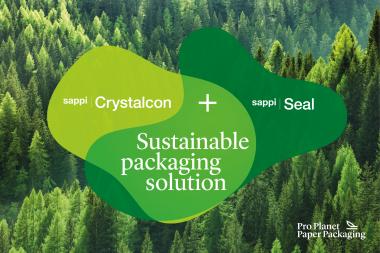Autoneum publishes Corporate Responsibility Report 2021
- Joining Science Based Targets initiative
ith its Advance Sustainability Strategy 2025 launched in 2018, Autoneum defined ambitious goals in the areas of environment, society and governance. In the past year, significant quantitative and qualitative improvements were achieved, as shown in the Corporate Responsibility Report 2021 published today. For example, CO2 emissions were reduced in 2021 and the proportion of reused production scrap (recycling) was significantly increased.
Following Autoneum’s decision last year to extend its environmental targets with quantifiable targets for all direct and indirect greenhouse gas emissions and a time horizon to 2027, the Company has recently signed the declaration to join the Science Based Targets initiative (SBTi). Autoneum acknowledges the urgent need for action and will submit its ambitious, science-based targets to the SBTi to reduce CO2 emissions in the near term. In addition, Autoneum is reporting its Scope 3 emissions in full for the first time. In line with the strategic goal of continuously reducing electricity purchases from fossil fuels and replacing them with renewable energies, ten plants worldwide were converted to renewable energies in 2021.
In the past year, Autoneum again implemented a large number of projects in the areas of “Sustainable Products and Production Processes”, “Fair and Attractive Workplace”, “Good Corporate Citizenship” and “Responsible Supply Chain Management”: 29 eco-efficiency projects with a focus on materials efficiency and recycling contributed to more environmentally friendly production and correspondingly more sustainable components worldwide. The result was a significant reduction in waste and a further optimization of processes for a range of products. Moreover, new eco-efficient products were successfully launched on the market.
A complete overview of all targets and activities during the past year can be found in the Corporate Responsibility Report 2021.
Autoneum Management AG













